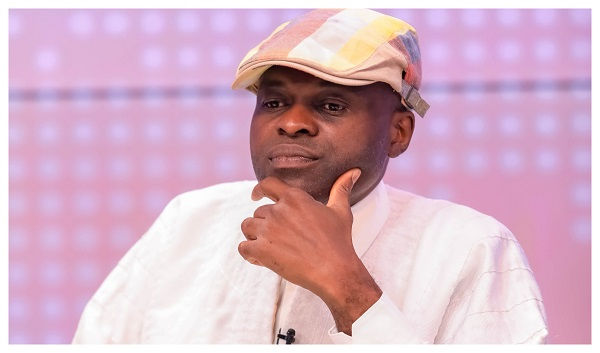Trump U-turns on tariffs but keeps trade war heat on China
By Liz Lee, Andrea Shalal and Susan Heavey
BEIJING/WASHINGTON (Reuters) - U.S. President Donald Trump's stunning decision to pause most of the hefty duties he had just imposed on dozens of countries brought relief for battered global stock markets on Thursday, even as he ratcheted up a trade war with China.
Trump's turnabout on Wednesday, which came less than 24 hours after steep new tariffs kicked in on most trading partners, followed the most intense episode of financial market volatility since the early days of the COVID-19 pandemic.
The upheaval erased trillions of dollars from stock markets and led to an unsettling surge in U.S. government bond yields that appeared to catch Trump's attention.
"I thought that people were jumping a little bit out of line, they were getting yippy, you know," Trump told reporters after the announcement, referring to the jitters sportspeople sometimes get.
U.S. stock indexes shot higher on the news, with the benchmark S&P 500 index closing 9.5% higher, and the relief continued into Asian trading on Thursday with Japan's Nikkei index surging 9%.
European futures also pointed to big gains, but there were already signs the rally may be short-lived with U.S. stock futures trading lower. Oil prices also fell, extending losses fuelled by fears that the trade tensions could push the global economy towards recession.
Since returning to the White House in January, Trump has repeatedly threatened an array of punitive measures on trading partners, only to revoke some of them at the last minute. The on-again, off-again approach has baffled world leaders and spooked business executives.
U.S. Treasury Secretary Scott Bessent asserted that the 90-day freeze on Trump's "reciprocal tariffs" had been the plan all along to bring countries to the table. Trump, though, later indicated that the near-panic in markets that had unfolded since his April 2 announcements had factored in to his thinking.
Despite insisting for days that his policies would never change, he told reporters on Wednesday: "You have to be flexible."
But he kept the pressure on China, the world's No. 2 economy and second biggest provider of U.S. imports. Trump immediately hiked the tariff on Chinese imports to 125% from the 104% level that kicked in on Wednesday.
Beijing may again respond in kind after slapping 84% tariffs on U.S. imports on Wednesday to match Trump's earlier tariff salvo. It has repeatedly vowed to "fight to the end" in the escalating trade war between the world's top two economies.












